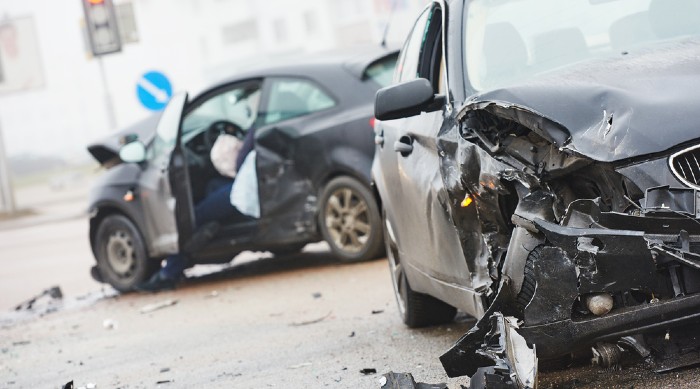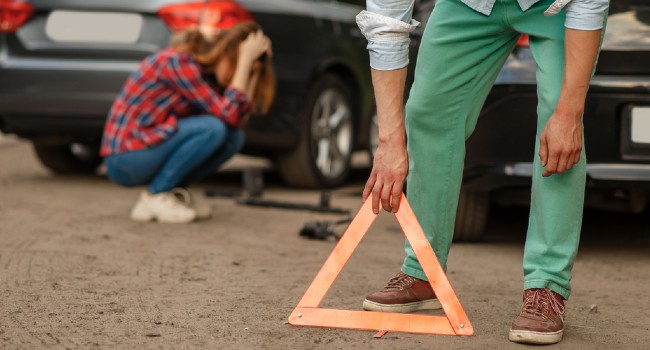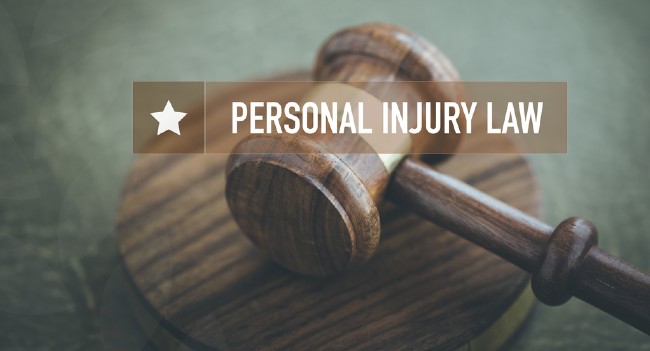
Cell phones have become our go-to device while in the car. We use them to get directions, play audio, connect with others and get information. They can also be your most important device in an emergency, too. However, using a cell phone while driving takes your eyes off the road. Minimize any unnecessary usage and use your phone as safely as possible.

There are approximately 52 million people in the U.S. over the age of 65 and that number is expected to increase to 95 million by 2060. As Americans live longer, the need for long-term care facilities and nursing homes grows. Unfortunately, elder abuse occurs in these types of facilities so preventing elder abuse is a concern for family members and their elderly loved ones.

According to the NHTSA, every day, about 37 people die in drunk driving crashes – that’s one person every 39 minutes. The worst part about a drunk driving accident is that it is preventable. So, what do you do when you’re in an accident where the other driver is driving drunk? Use these basic drunk driving FAQs to help you and call us to help you obtain the compensation you deserve.

In a personal injury claim, evidence comes in many forms, from police reports to witness statements, physical evidence, medical evidence and more. Having the proper medical evidence is key in proving your injuries, the cause and severity and includes every medical correspondence generated — from your initial doctor’s visit to your final treatment.

When talking with personal injury lawyers, you will notice that they use legal jargon when speaking with you and others involved in your case. Some attorneys may explain the terms; however, others may not realize you do not know what they are talking about. For the lay person, it can be confusing so here are some common personal injury terms to know.
Questions? Call us at (877) 284-6600.

When pursuing a personal injury claim, having the right documents is crucial and will depend on the details of your accident and injuries. This guide will help you understand what documents your attorney might need.

When you are involved in a motor vehicle accident where the other driver is negligent, you have the right to pursue financial compensation from that driver. What happens when, instead of stopping, the other vehicle takes off and leaves the scene of the accident? You become the victim of a hit-and-run driver.

Pursuing a personal injury claim? It can be beneficial to be familiar with the types of evidence that may be needed to help substantiate your claim. For starters, evidence can be broadly classified into two categories – physical (tangible evidence) and non-physical.

If you were injured in an accident at the hands of another, would you feel comfortable talking with a personal injury attorney? Many do not. Many misconceptions surround the field of personal injury law – enough to keep some people from pursuing and filing a claim.
Do you wonder if your injuries are serious enough to make a claim? Maybe you think others will perceive you as greedy. Or, maybe you think it will be too expensive just to sit down and talk.

Being involved in a car accident means a myriad of details to manage and evidence to gather. One document you need to obtain is the police accident report. Written by the investigating officer, this report contains the officer’s observations, notes, and sometimes opinions about fault. It can be an important document should you decide to pursue a personal injury claim.